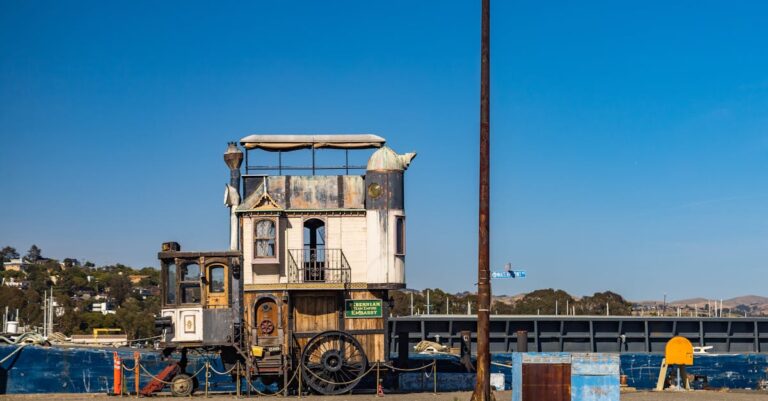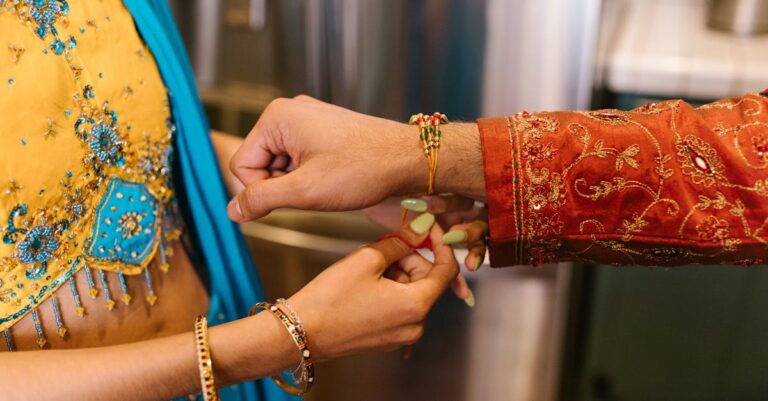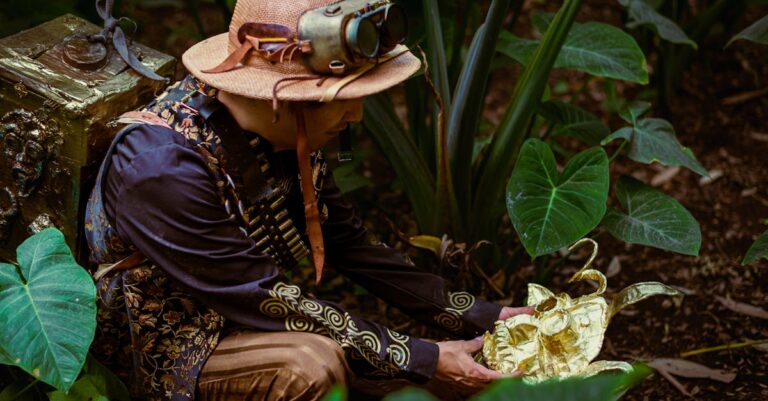
The first cannon fire split the sky over Gettysburg on July 1, 1863, and Clara Whitaker pressed her palms against the damp earth, feeling the tremor in her bones. The air reeked of sulfur and sweat, a stench that clung to her like a second skin. She had been marching for three days straight, her boots splitting at the seams, but the weight of the rifle slung over her shoulder was nothing compared to the iron band around her chest. Her brother Thomas had been taken by the Confederates two weeks prior, and she would not rest until she found him—or died trying.
The camp around her was a patchwork of canvas tents and makeshift shelters, where men huddled in groups, their faces gaunt and hollow. Clara kept her head down, her dark hair tucked beneath a frayed cap, but she could feel the weight of eyes on her. She had been careful—no one knew she was a woman, not even the sergeant who had signed her on as Private Whitaker. The war had taken enough from her; she would not let it steal her dignity too.
That night, as the camp settled into uneasy silence, Clara slipped away from the tent line. The moon hung low, casting long shadows across the fields, and she moved like a ghost through the debris of abandoned wagons and shattered fences. The air was thick with the scent of pine and blood, a reminder of the battles that had already scarred this land. She reached the edge of the woods, where the trees stood like sentinels, their branches swaying in a wind that carried whispers of dead soldiers.
“You shouldn’t be out here,” a voice rasped behind her. Clara spun, her hand flying to the hilt of the knife at her belt. A man emerged from the shadows, his face half-hidden by a scarf. He was older than her, maybe in his thirties, with a scar running from his temple to his jaw. His uniform was tattered, but the iron cross on his chest marked him as a Confederate.
“I could say the same to you,” Clara said, her voice steady despite the fear clawing at her throat. The man tilted his head, studying her, and she felt the weight of his gaze like a physical thing. He didn’t speak, but the silence between them was thick with unspoken threats.
“You’re looking for someone, aren’t you?” he asked finally, his voice low. Clara’s breath caught. How did he know? She had told no one, not even the few friends she had made in the camp. The man stepped closer, and she could see the exhaustion in his eyes, the way his hand trembled slightly as he adjusted his rifle.
“My brother,” she said, the words feeling like a betrayal even as they left her lips. The man’s expression didn’t change, but something in his posture shifted. He looked past her, toward the distant hills where the sound of cannon fire still echoed.”
“He’s not here,” he said. “But if you’re looking for him, you’ll find him at the Peach Orchard. That’s where they’re taking the prisoners.” Clara’s heart pounded in her chest. The Peach Orchard was a death trap, a place where Union soldiers had been cut down by Confederate artillery. But she couldn’t turn back now.
“Thank you,” she said, but the man was already disappearing into the shadows. She didn’t know if he was a friend or an enemy, but she didn’t have time to wonder. The night air was cold, and she could feel the weight of the rifle in her hands, a reminder of the choices she had made. She had left behind everything—her family, her home, her identity—but she would not leave Thomas behind.
The next morning, Clara found herself in the heart of the chaos. The Peach Orchard was a wasteland of broken trees and bloodstained soil, where the air was thick with the acrid smell of gunpowder and the distant cries of the wounded. She moved quickly, her boots crunching over broken branches, her eyes scanning for any sign of her brother. The soldiers around her were a blur of uniforms and chaos, but she kept her focus on the task at hand.
“Hey! You there!” A voice barked from behind her. Clara turned to see a Union officer, his face red with anger. “What are you doing out here? You’re supposed to be at the rear!” She opened her mouth to explain, but the officer didn’t give her a chance. “Get back to your unit!” he snapped, and before she could protest, he was gone, disappearing into the smoke and confusion.
Clara pressed on, her heart hammering in her chest. She had come too far to turn back now. The orchard was a maze of fallen trees and shattered branches, and every step felt like a gamble. She could hear the distant sound of cannons, the thunder of hoofbeats, and the cries of men being dragged from the battlefield. It was a symphony of destruction, and she was caught in its midst.
Then she saw him. A figure slumped against a tree, his uniform torn, his face pale. Clara’s breath caught in her throat. “Thomas?” she whispered, her voice barely audible over the chaos. The figure stirred, and for a moment, she thought he wouldn’t recognize her. But then he looked up, and she saw the familiar hazel eyes that had once been her anchor.
“Clara?” His voice was weak, but it was there. She dropped to her knees beside him, her hands trembling as she reached for his arm. “I found you,” she said, the words feeling like a prayer. Thomas tried to smile, but the effort made him wince. “You shouldn’t have come,” he muttered. “This place… it’s not safe.” Clara shook her head. “I couldn’t leave you. Not after everything.”
The sound of approaching footsteps made them both freeze. Clara turned to see a group of Confederate soldiers, their rifles raised. She didn’t think—she just acted. She grabbed Thomas and pulled him behind the tree, her heart pounding in her ears. The soldiers shouted, their voices a mix of anger and confusion. Clara knew they had only moments before they were discovered.
“We have to move,” she said, her voice barely above a whisper. Thomas nodded, his face pale but determined. Together, they crept through the orchard, the weight of the moment pressing down on them. The air was thick with the scent of blood and earth, and every sound felt amplified. They reached the edge of the trees, where the battlefield stretched out before them, a sea of chaos and destruction.
“You go,” Thomas said suddenly. Clara turned to him, her eyes wide. “What?” “I’ll hold them off. You need to get out of here.” She shook her head, tears burning her eyes. “No. I won’t leave you again.” Thomas looked at her, his expression softening. “You have to. For me.” Clara hesitated, the weight of his words pressing down on her. She could feel the fire in her chest, the determination that had brought her this far. But she also felt the fear, the knowledge that she might never see him again.
“I’ll come back,” she said finally, her voice steady. Thomas nodded, a small smile on his lips. “I know.” With that, he turned and ran into the trees, disappearing into the chaos. Clara stood there for a moment, her heart aching, before she turned and ran in the opposite direction. The battle raged around her, but she didn’t stop. She couldn’t.
The days that followed were a blur of movement and survival. Clara wandered through the wreckage of the battlefield, her body battered but her spirit unbroken. She found shelter in the ruins of a farmhouse, where other soldiers gathered, their faces etched with exhaustion and grief. The war had taken so much from them, but Clara refused to let it take her.
One evening, as the sun dipped below the horizon, she sat by a fire, staring into the flames. The air was cool, and the distant sound of cannon fire still echoed in her ears. She thought of Thomas, of the brother she had lost and the one she had found. The war had changed them both, but it had not broken them.
Clara knew she would never be the same. The horrors she had seen, the choices she had made, would stay with her for the rest of her life. But she also knew that she had survived. And that was enough.


